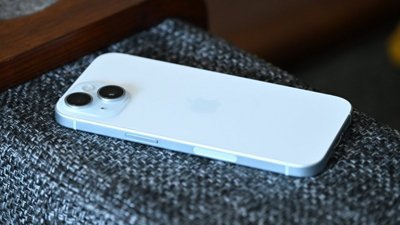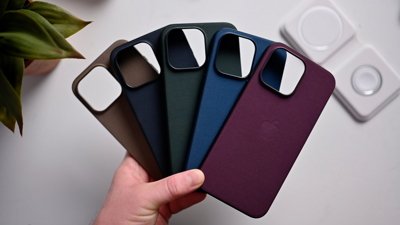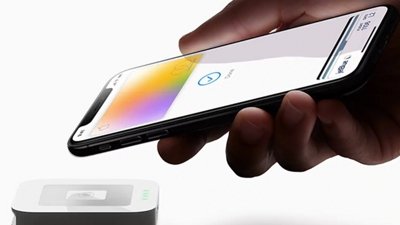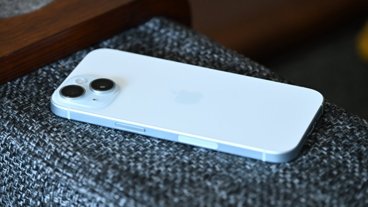Affidavit in prototype iPhone case reveals Steve Jobs contacted Gizmodo
The affidavit in the case was unsealed Friday by Judge Clifford Cretan in San Mateo County, Calif. CNet had a first look at the document, which revealed the phone call between Steve Jobs and Gizmodo editor Brian Lam.
"... after Gizmodo.com released its story regarding the iPhone prototype on or about 4/19/2010, Steve Jobs (Apple CEO) contacted the editor of Gizmodo.com, Brian Lam," the document reads. "Jobs requested that Lam return the phone to Apple. Lam responded via the e-mail address...that he would return the iPhone on the condition that Apple provided him with a letter stating the iPhone belonged to Apple."
The affidavit also reveals the story already known publicly: that an Apple engineer lost the iPhone, and it was obtained by another individual who sold the phone to Gizmodo for $5,000. It specifically named Brian Hogan as the individual who "found or stole a prototype iPhone 4G."
"Upon receiving the stolen property, Chen disassembled the iPhone, thereby causing it to be damaged," the document reads. "Chen created copies of the iPhone prototype in the form of digital images and video, which were subsequently published on the Internet based magazine Gizmodo.com."
Earlier this month, a number of media outlets asked the court to unseal the affidavit in the prototype iPhone case. The warrant was used to seize the computers of Chen, the Gizmodo editor. Media outlets said the affidavit needed to be made public to determine whether the police raid was legal.
Similar documents are typically made public within 10 days, but the paperwork related to the raid, which occurred on April 23, remained sealed by the court until Friday afternoon. Cretan decided Friday to unseal the documents as the judge determined that making their contents public would not compromise the ongoing investigation.
 Neil Hughes
Neil Hughes










 William Gallagher
William Gallagher
 Mike Wuerthele
Mike Wuerthele


 Andrew Orr
Andrew Orr

 Marko Zivkovic
Marko Zivkovic
 Malcolm Owen
Malcolm Owen






